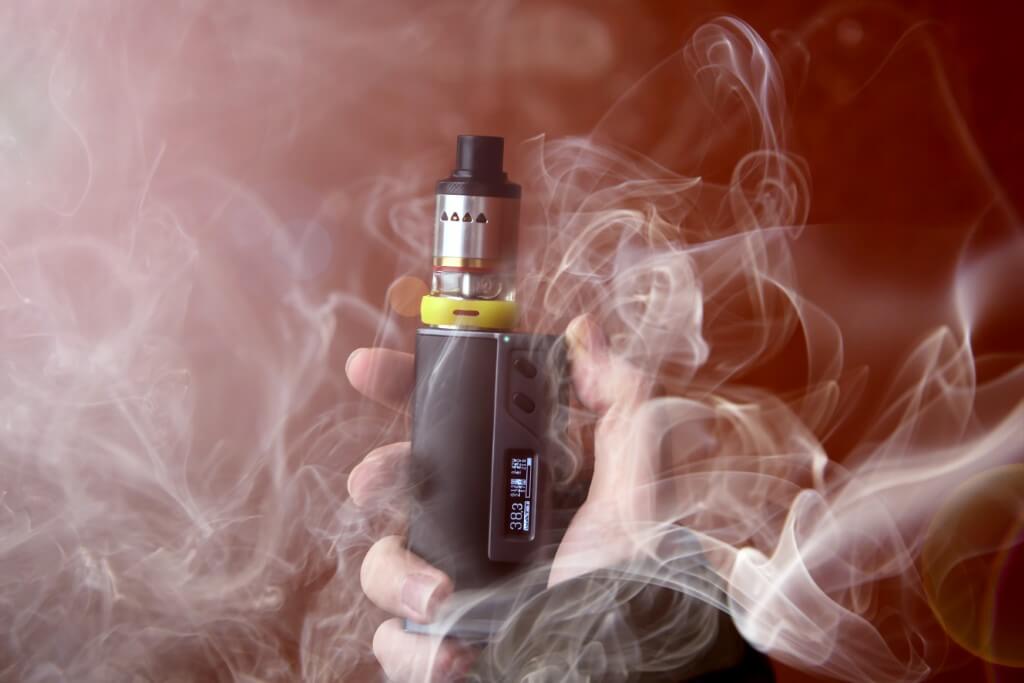The journey of addiction recovery is as unique as the individuals embarking on it. Just as no two people are the same, no two paths to recovery are identical. In the world of benzodiazepine addiction recovery, an approach gaining attention for its therapeutic benefits is the practice of yoga and meditation.
Yoga, Meditation, and Addiction Recovery
Yoga, a mind-body practice originating in ancient India, and meditation, the practice of focusing your mind to achieve mental clarity, can offer immense benefits for those in recovery from benzodiazepine addiction. An increasing body of research is beginning to support these anecdotal reports. One such study published in the Journal of Alternative and Complementary Medicine revealed a significant decrease in drug cravings among participants who engaged in regular yoga practice.
For you or your loved one, this could mean a natural, side-effect free method of controlling cravings, a common challenge in benzodiazepine addiction recovery.
Mind-body Connection
Yoga and meditation help foster a mind-body connection that can be beneficial for those in recovery. This connection can lead to increased self-awareness and self-regulation – important skills for managing the triggers and stressors that often lead to relapse. A 2014 study from the Journal of Addiction Medicine demonstrated that individuals who participated in mindfulness-based relapse prevention programs, which included meditation, showed a reduced risk of relapse.
In your recovery journey, this could translate into a greater understanding of your triggers, equipping you with the tools to prevent a relapse before it occurs.
Stress Management
Stress management is a crucial aspect of benzodiazepine addiction recovery, and this is another area where yoga and meditation shine. Research has shown that these practices can lower the body’s stress responses, reduce anxiety, and improve mood, contributing to a healthier, more balanced recovery journey.
For you, this means a drug-free method of managing the anxiety and stress that can often accompany the recovery process.
FAQs
- Is yoga and meditation suitable for everyone in recovery? While yoga and meditation have many benefits, they may not be suitable for everyone. It’s important to consult with a healthcare professional or a counselor before starting any new practices during your recovery journey.
- How often should I practice yoga and meditation for it to be effective in recovery? This varies from person to person. It’s generally recommended to start slowly and gradually increase the frequency and duration of your practices. Regular practice can help reinforce the benefits of these mind-body practices.
- Can yoga and meditation replace other forms of treatment? Yoga and meditation are complementary practices that can enhance other forms of treatment but should not replace medically approved treatment plans. They can be used in conjunction with therapy, medication, and other treatment modalities.
Yoga and meditation are powerful tools that can help support your unique journey to recovery. They offer a natural, holistic approach to managing cravings, increasing self-awareness, and coping with stress. As with any recovery path, it’s important to find what resonates with you and fits into your individual recovery plan.
Footnotes
- (https://www.liebertpub.com/doi/10.1089/acm.2013.0318)
- (https://journals.lww.com/journaladdictionmedicine/Abstract/2014/06000/Mindfulness_Based_Relapse_Prevention_for.10.aspx)
- (https://www.ncbi.nlm.nih.gov/pmc/articles/PMC3193654/)
In exploring the benefits of yoga and meditation in benzodiazepine addiction recovery, it’s essential to acknowledge some of the controversy and skepticism that surrounds these practices.
One of the primary concerns is that yoga and meditation are sometimes seen as “quick fixes” for addiction. However, it’s critical to remember that recovery is a long-term process that requires ongoing effort, commitment, and often a multi-pronged approach. Yoga and meditation are not standalone cures; rather, they should be considered as part of a comprehensive recovery plan. You and your loved ones should be cautious of any claims that promote these practices as instant solutions to addiction.
Moreover, there is the issue of accessibility and feasibility. Yoga and meditation, while increasingly popular, may not be accessible to everyone due to factors such as location, cost, and personal preference. These practices may also prove challenging for some individuals, particularly for those dealing with certain mental health conditions. While yoga and meditation can provide significant benefits, it’s important for you to remember that each person’s recovery journey is unique, and what works for one may not work for all.
Another point of contention is the lack of standardisation and regulation in the field of yoga and meditation. This means the quality and safety of instruction can vary significantly. It’s crucial for you to ensure that any yoga or meditation practice pursued as part of a recovery plan is led by qualified professionals who understand the unique needs and challenges of individuals recovering from addiction.
Lastly, while numerous studies have shown promising results for the use of yoga and meditation in addiction recovery, critics argue that more rigorous, large-scale research is needed to definitively establish their efficacy. As with any treatment, it’s important for you and your loved ones to consider the available evidence and consult with healthcare professionals before incorporating these practices into a recovery plan.



